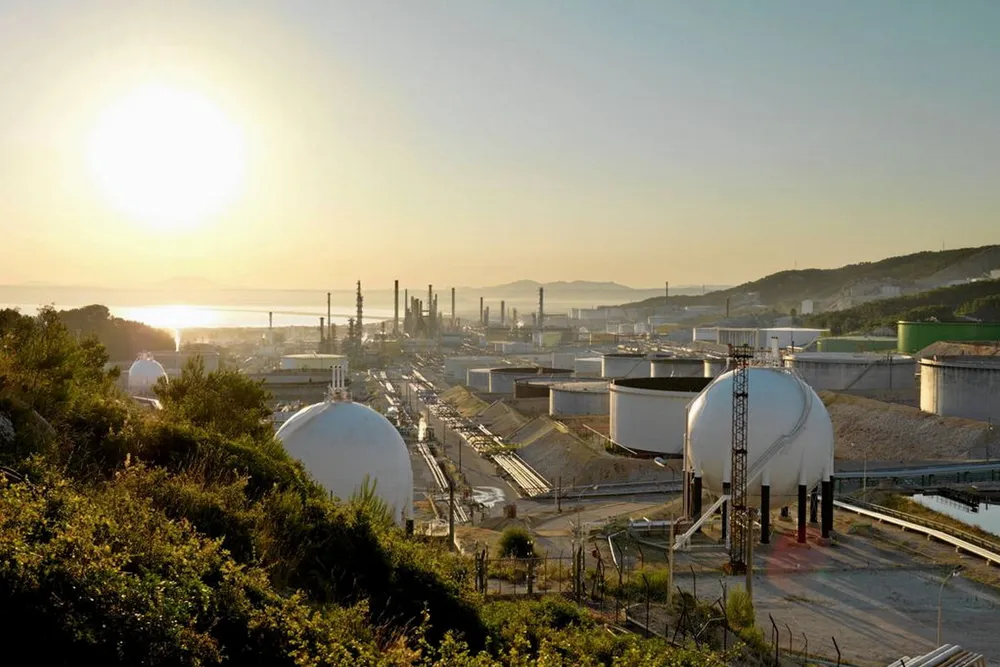TotalEnergies in microalgae research pact with Veolia to produce biofuels
The four-year project will have a long-term goal of producing biofuels with a low carbon intensity

The four-year project will have a long-term goal of producing biofuels with a low carbon intensity
